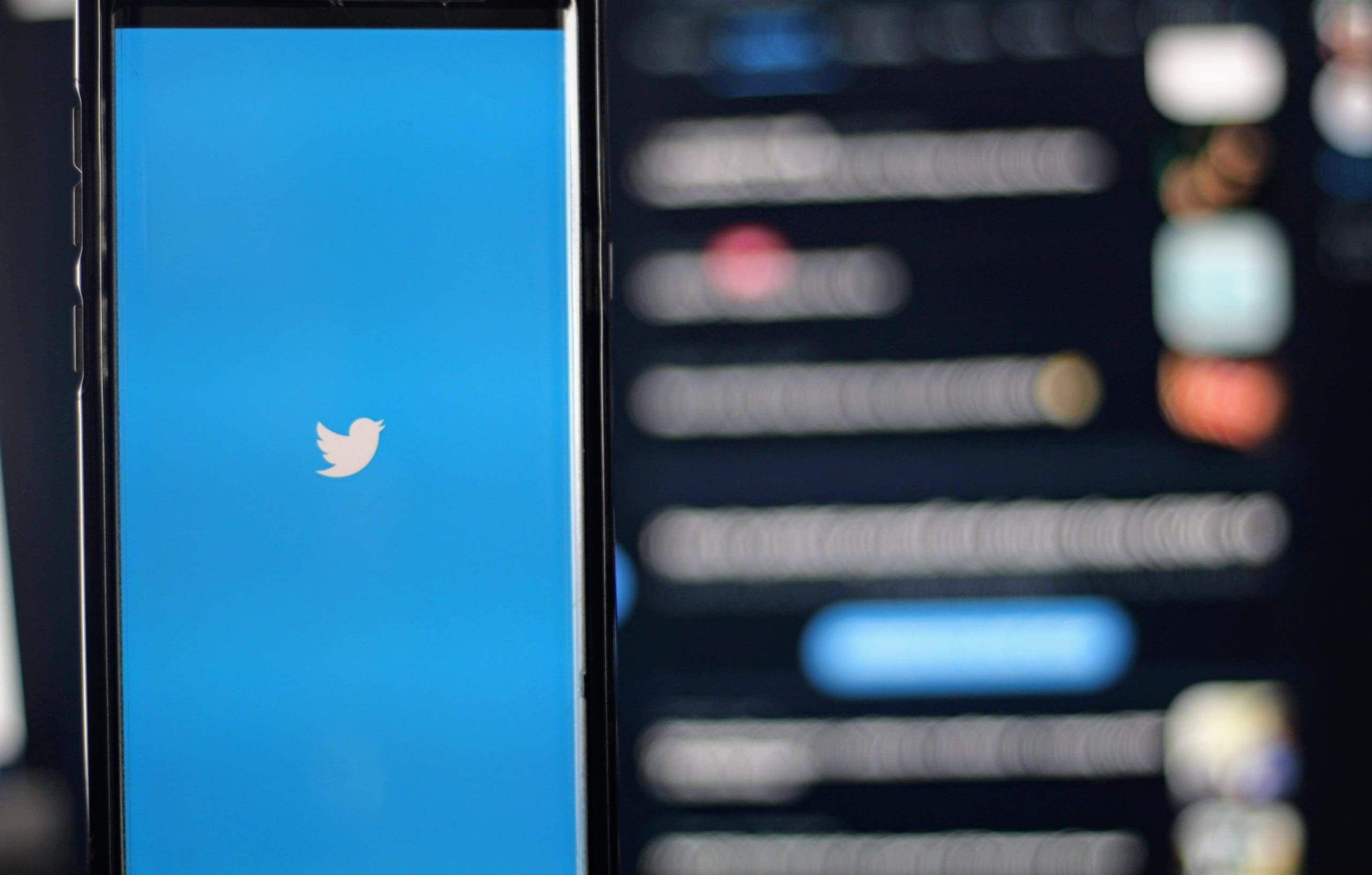The Texas Senate has passed priority legislation that would prohibit social media monopolies from censoring users for their political views, with the vote largely—but not entirely—along party lines.
There was much debate over Senate Bill 12 before its passing, which mainly consisted of State Sen. Bryan Hughes (R–Mineola), the bill’s author, defending his bill from Democrat opponents. While explaining his bill, Hughes pointed out tech giants’ monopolistic power over the information in what is, for all intents and purposes, the modern public square. He also argued that social media companies are common carriers, like cable, phone, and communications companies, and should not be allowed to discriminate against those with dissenting political views.
When asked by Democrat State Sen. Royce West (Dallas) what non-hate speech content has been censored by Facebook, Hughes referenced a pro-life ad picturing a baby being censored by the platform. He also explained that he had reached out to Facebook for comment on why the ad was censored, but he received no response.
It was also pointed out that censorship appears to largely be directed at conservatives while giving leftists a pass. When West suggested that SB 12 would violate property rights due to tech monopolies being private corporations, Hughes invoked Marsh v. Alabama, in which the Supreme Court ruled that the First Amendment applies in the town square, even when the town square is owned by a private company.
After Hughes’ statement that companies would need clear criteria for censorship, State Sen. Sarah Eckhardt (D–Austin) complained that the bill might not cover cyberbullying. Hughes mentioned that cyberbullying and obscenity are already illegal, and thus can and should be censored.
Eckhardt also complained that the bill would equate corporations with government and that the federal government should be regulating Big Tech. Hughes responded that many on both sides of the aisle have demanded the federal government rein in tech monopolies, but it has failed to do so, leaving it up to the states to take action.
The bill passed the chamber 18-13. State Sen. Kel Seliger (Amarillo) was the only Republican to oppose the bill, while Democrat Cesar Blanco (El Paso) was the only Democrat to vote in favor.
Big tech censorship has been a major priority for conservatives, especially after Twitter permanently banned President Trump and due to social media companies’ history of arbitrarily banning right-wing activists and personalities.





